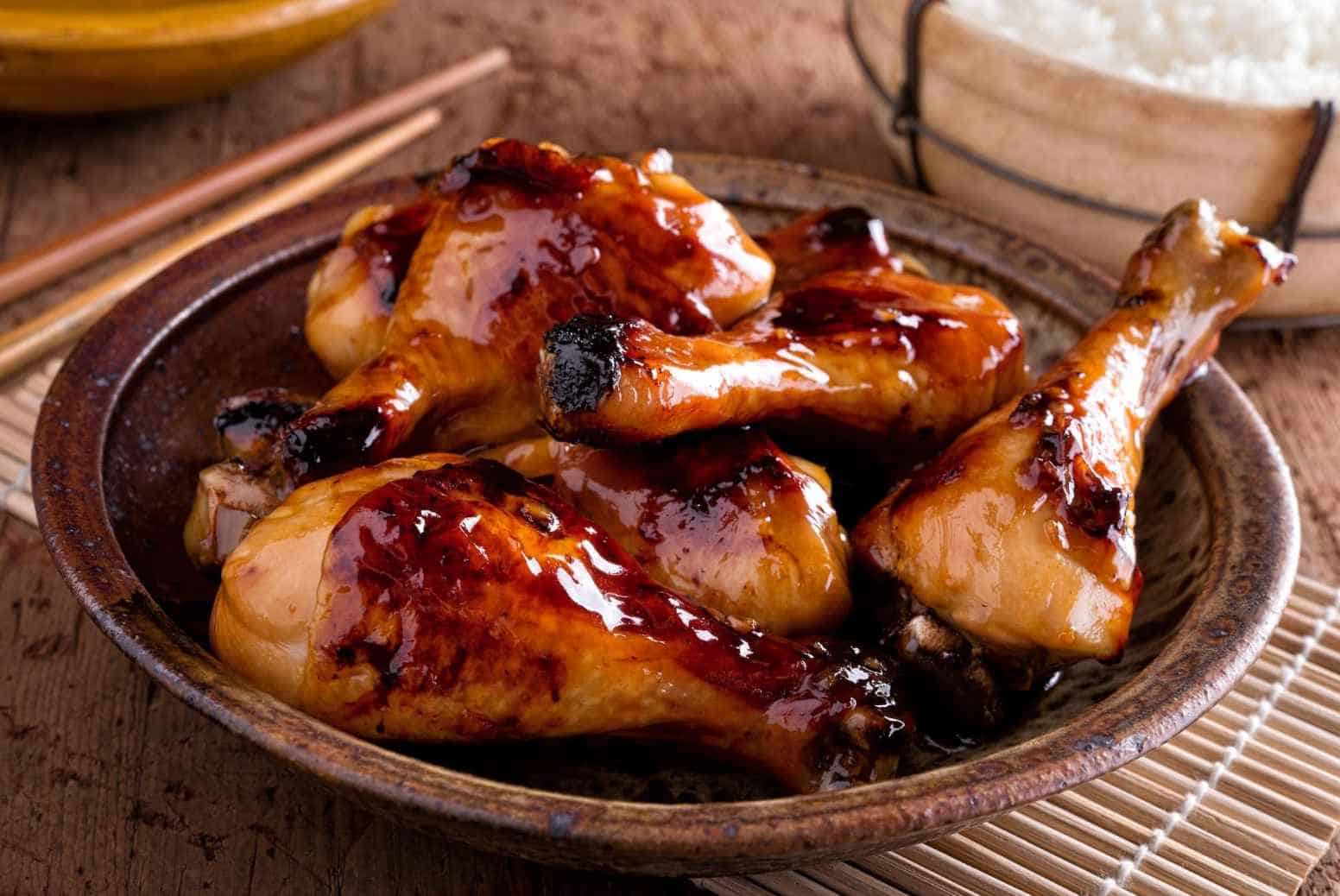Chicken is one of the most accessible food you can cook. Frying and grilling them is one of the best options for cooking a chicken.
Cooking chicken may be easy for most of us, but we cannot avoid mistakes that lead to our chicken being rubbery, making you question yourself, “Why is my chicken rubbery?”
In this blog, we will teach you the causes, ways, and solutions, if possible, to why does your chicken so rubbery.
Why is my chicken rubbery?
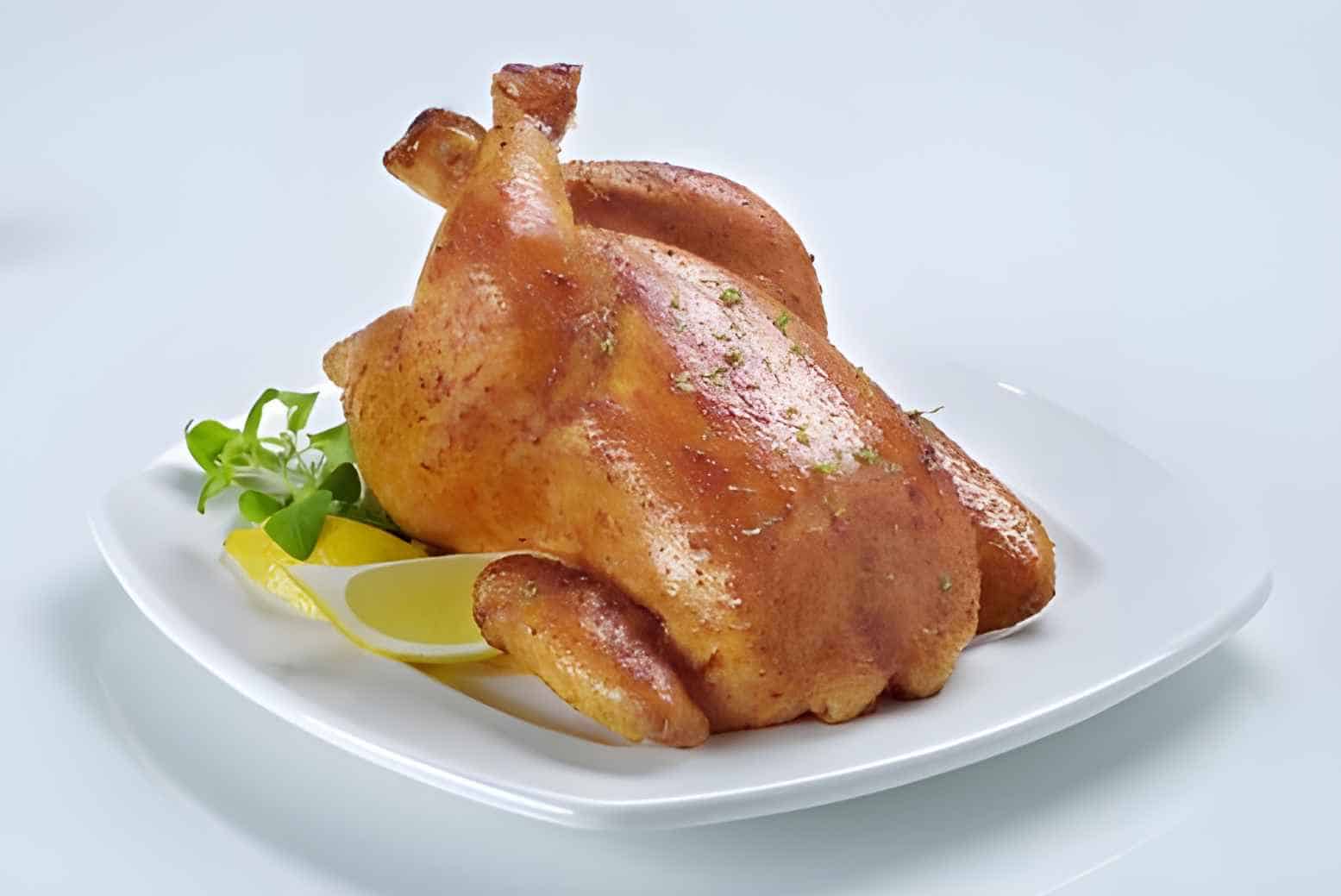
For sure, by this time, you have already prepared different types of chicken recipes without even searching for them on the internet. So you are probably wondering why my chicken sometimes rubbery and sometimes is not.
There are many possible ways and reasons for that, but the temporal reason why it is rubbery: it became rubbery after the chicken got into your house, or it was already rubbery before you bought it.
Hence, plenty and simple solutions can help you with this type of problem. Some causes may not be in your control, but you do not have to worry anymore since there are many cases that you can do to prevent your chicken from being rubbery.
Some people say that you should squeeze and beat the more significant part of the chicken until it becomes the same size as other parts, but squeezing or pounding the chicken does not affect why it is rubbery. The density of the chicken meat will not change, no matter how hard you beat it.
As you continue this blog, we will teach you why this type of problem occurs, some solutions that could help you, and preventions so you can avoid having a rubbery chicken again in the future!
Possible causes why chicken is rubbery
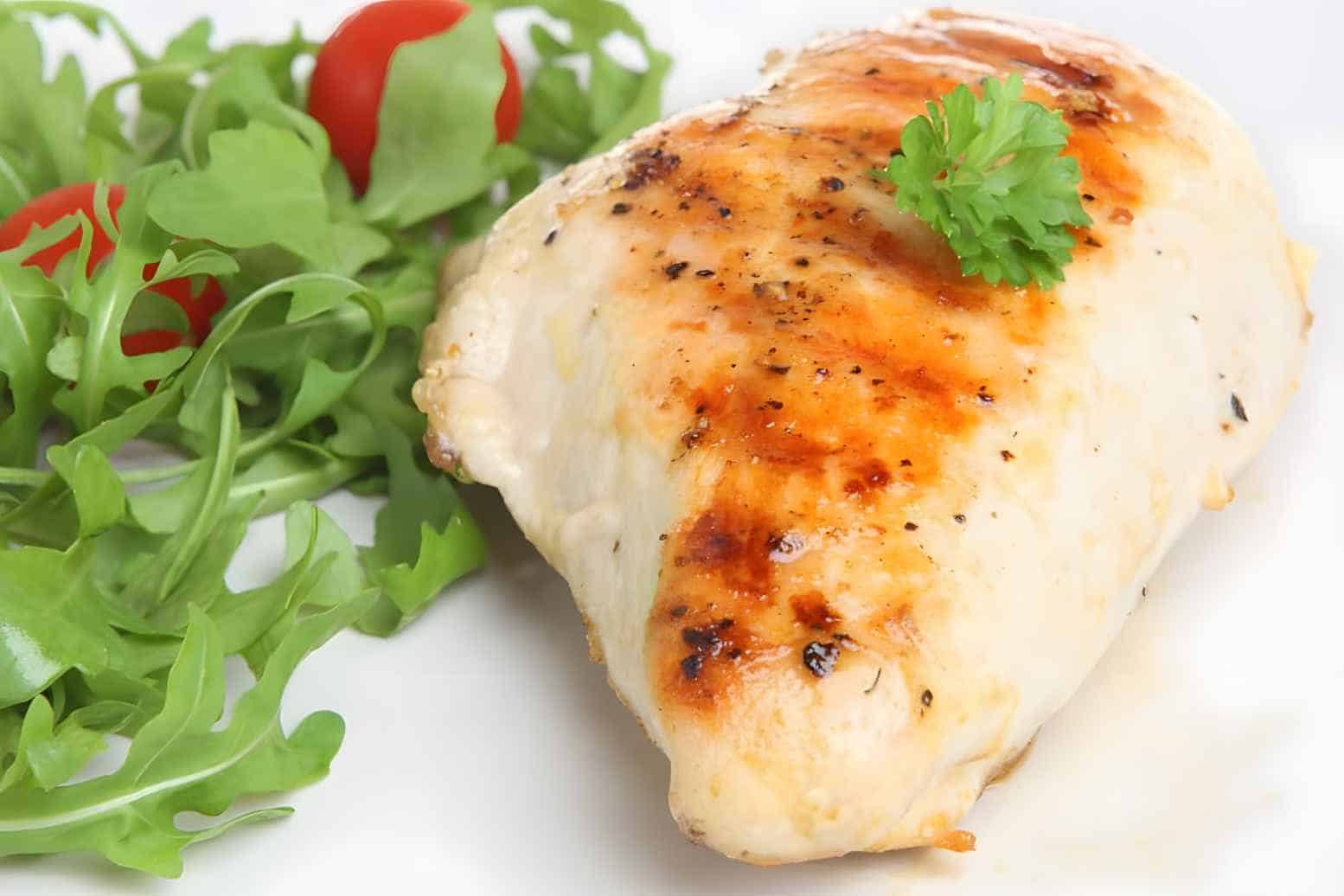
There are plenty of reasons why chicken has a rubbery texture. The most popular and known reasons are:
Overcooked chicken
One of the most known causes of chicken being so rubbery is overcooking. Overcooking chicken by either grilling, frying, or baking them can be why it is hard to chew.
Because of overcooking, the protein fibers from the chicken meat lose their moisture and elasticity, making it more exposed to high heat for a long time.
Under-cooked chicken
Undercooked chicken can also be the reason why your chicken is rubbery. The rubbery texture is a problem for the chicken and can also affect your health. Keep in mind that the chicken’s internal temperature should be about 165 degrees Fahrenheit until it is fully cooked.
The specific way to ensure your chicken is fully cooked is to use a thermometer. It is one of the safest ways to know that your chicken is fully cooked.
Small amount of moisture
Chickens are lean that sometimes, it is the cause. The moisture content is so low that the meat will still have a rubbery issue no matter how you do it. So if you properly cooked your chicken yet still have a rubbery texture, the problem must be the chicken itself.
The chicken breast is too woody
Having a woody chicken breast is one of the foremost common reasons why chicken is rubbery. Woody breast means that the chicken meat is too tight, and in some cases, it has a knotted texture.
This type of problem does not affect your health, but the rubbery of a chicken is not suitable for eating. In this case, you probably bought the not-so-best chicken in your place.
White striping on chicken meat
Another reason is a white striping on chicken meat. This problem does not affect your health or the meat quality, but it can cause the chicken to be rubbery and lessens its nutritional value.
Is rubbery chicken still edible?
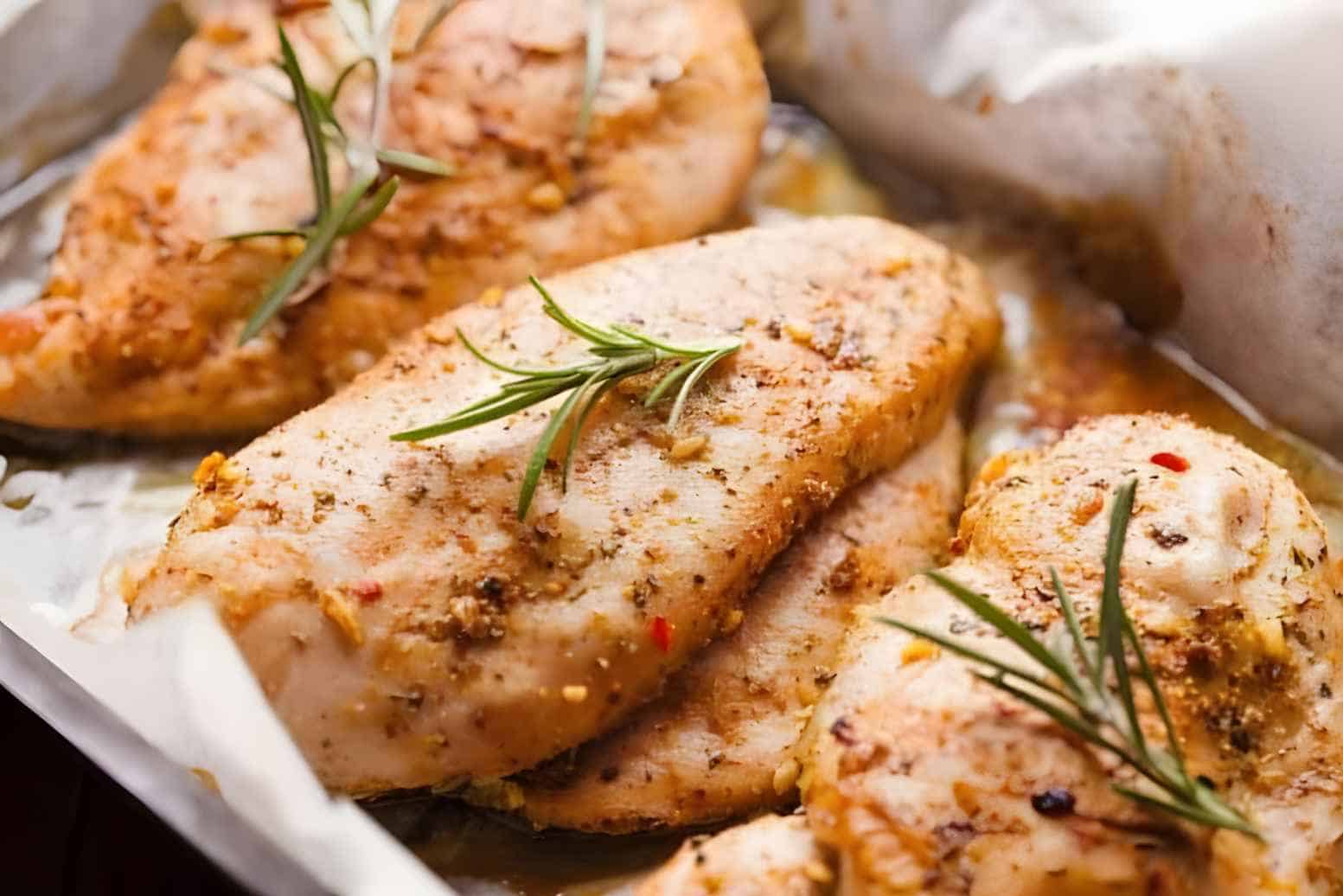
As long as the rubbery chicken does not come from undercooking, it is still edible! To overcome the rubbery and dry texture of the chicken, it is best to add sauce to the dish so you can serve your chicken with delicious and nice-looking food.
As mentioned above, rubbery chicken is caused by overcooking or undercooking it. Neither of them has an appealing texture; hence overcooked chicken is safe to eat since all the bacteria are destroyed compared to undercooked chicken.
Undercooked chicken has potential bacteria like salmonella, which can cause illness and can lead to death.
Eating a rubbery chicken will not be a problem for you or other people as long as the chicken is cooked to the correct temperature. Disappointment will be the risk you will feel since it is not as tender and juicy as if it is not rubbery.
Things you can do to prevent rubbery chicken
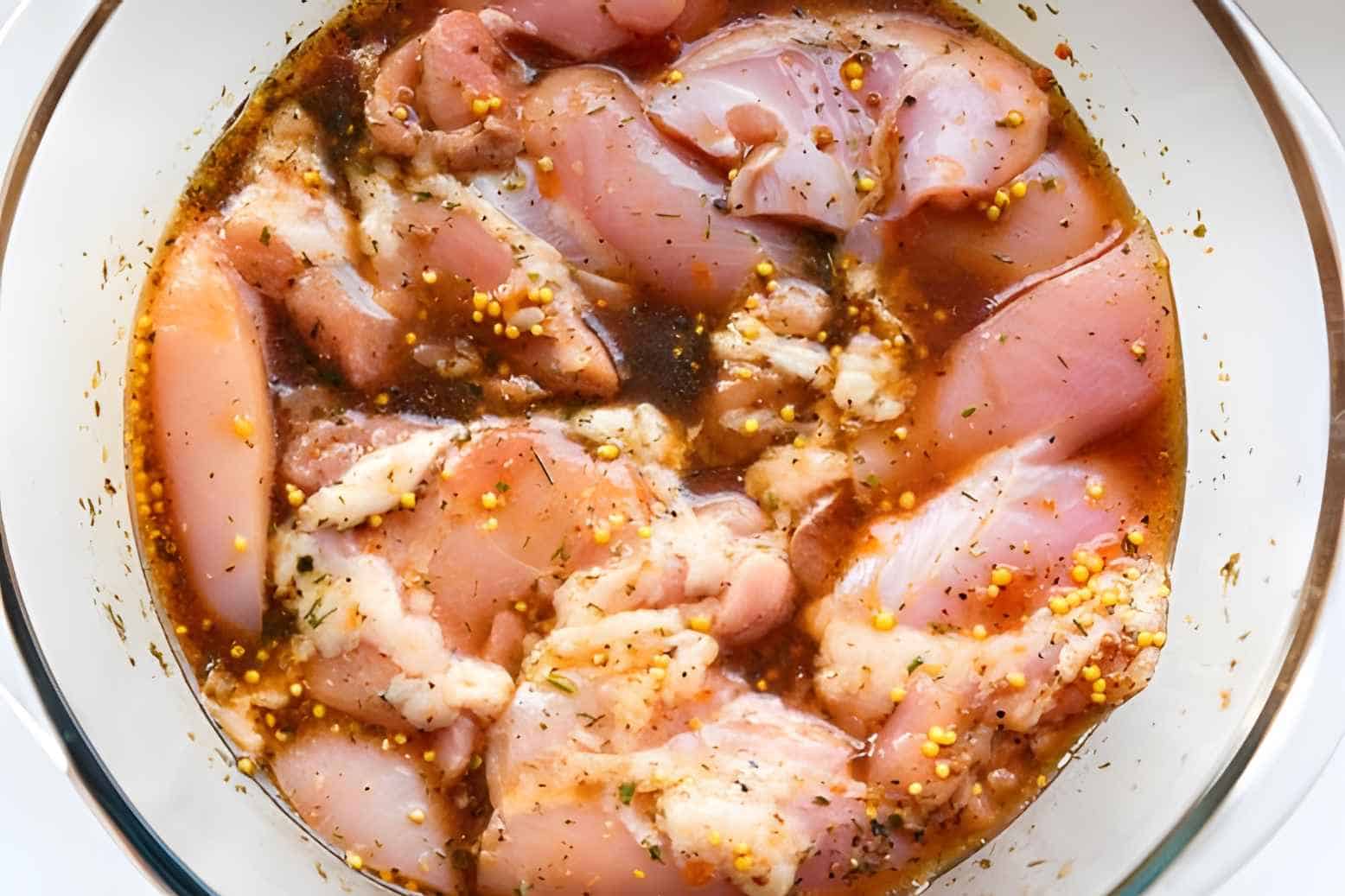
If you are feeling devastated and losing hope of preventing your chicken from being rubbery, here is some good news for you! Next time you go for shopping or cook your chicken, here are a few things to remember.
Choose chicken very carefully.
Undoubtedly, organic chicken can be way more expensive than regular ones. If you have the budget, at the very least, you should go for an organic chicken so that the chicken has a low chance of having a rubbery texture, and you can be sure that things will go smoothly.
Prepare chicken properly
Another reason you can encounter while cooking chicken is its uneven shape and size. To make sure that your chicken will avoid being rubbery once it is cooked, use a meat tenderizer so you can flatten your chicken.
Doing this every time will make cooking easier and perfectly cook your chicken, avoiding it being chewy.
Cooking the chicken at the right temperature
The key to this cooking your chicken properly is a thermometer that could make your work much more manageable. Instead of cutting the chicken to check if it is cooked inside, a thermometer will determine in temperature of the chicken inside.
Set your temperature to medium height when cooking or grilling so you will be less likely to overcook the meat and avoid the rubbery texture.
Use moisture-adding cooking methods
The easiest way to prevent the chicken from being chewy or rubbery is to use a cooking method that involves a lot of moisture. This cooking involves the following: steaming, stewing, sous vide, braising, and boiling.
Learning the marinating method
Marinating or bringing is a method wherein you soak the chicken meat in a liquid with a lot of proteins, salt, flavors, and sugar for a long time.
Brining may be time-consuming, but the result of this method of cooking will turn your chicken to be tender and juicy.
How to fix a rubbery chicken
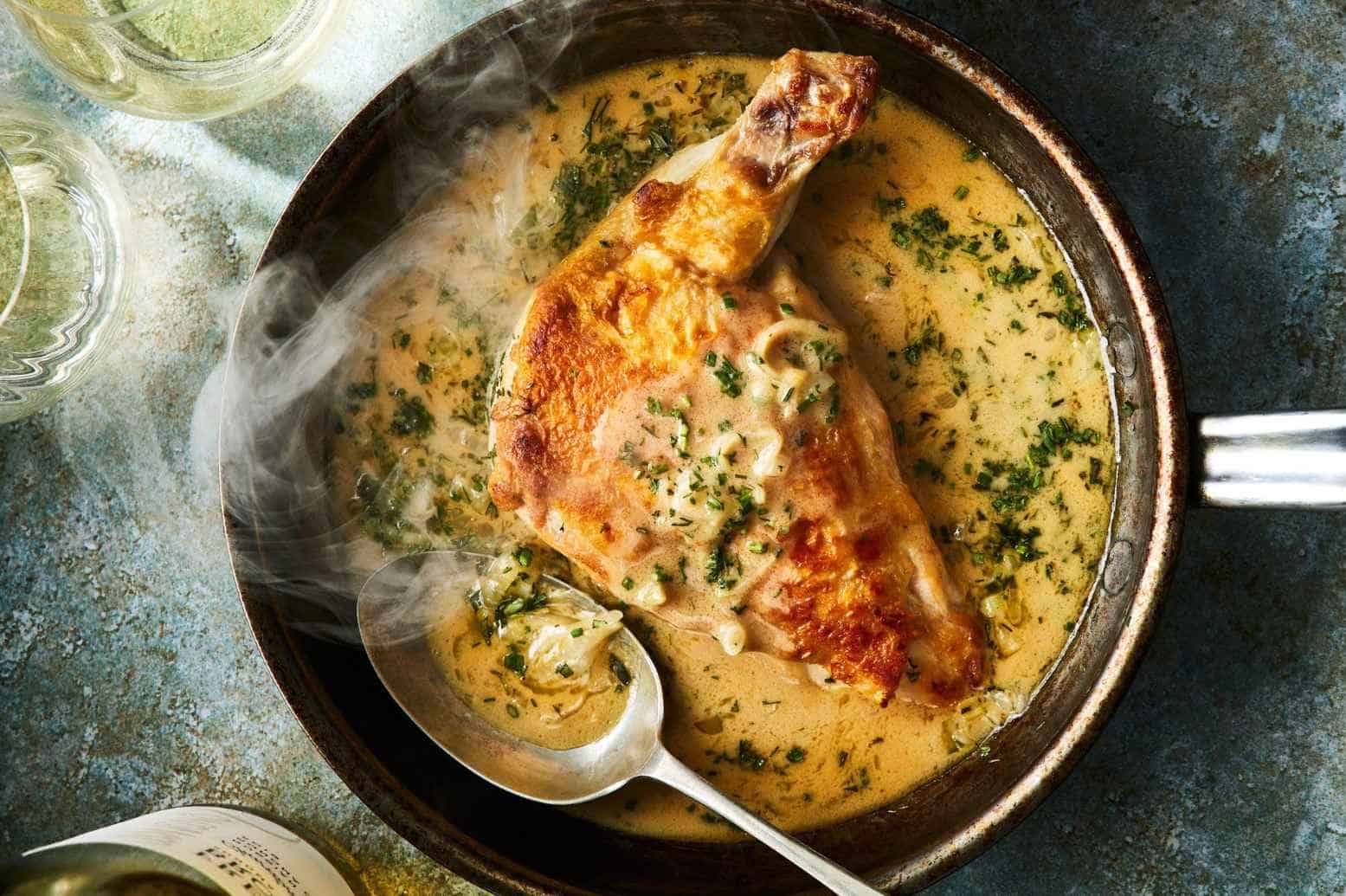
There may be instances that no matter how hard you try to avoid the chicken from being rubbery, it still becomes chewy, do not lose hope or throw your dish! Luckily there are some ways you can try to overcome your chewy and rubbery chicken.
Serve the chicken with sauce
Since you cannot change the texture of the chicken when you are done cooking, instead of throwing it away and making all your effort and the food itself a waste, you should try making a quick pan sauce that would add moisture and flavor to the chicken!
Serving the chicken with a delicious sauce would be the most brilliant yet effortless way to save a rubbery chicken. But here is the catch, you should know what would be the best sauce that would match your food.
You can use a barbecue sauce if you are eating grilled foods or Alfredo sauce for pasta. If you have mashed potato on your lists, then adding gravy would be nice too!
Add broth to the rubbery chicken
Reheating the chicken broth should not be at high heat. Instead, cook or reheat the chicken broth with low to medium heat, and you can also add some seasoning depending on how much you want to taste your chicken.
It is essential to avoid adding a too large amount of broth to the rubbery chicken to prevent it from being soggy.
Use it as a chicken sandwich
Are you too shy to show off your cooked chicken since it is rubbery? Then, try using chicken as an ingredient in a sandwich! This way, you can add moisture to the dish by adding lettuce, onions, and tomatoes, and do not forget the sauce, such as lots of mayo!
To know more on how to fix a rubbery chicken, you can watch this video:
Summary
Rubbery chicken can result from cooking errors or the quality of the chicken from the supermarket. However, it is good that there are some alternative ways in case you cook or encounter a rubbery chicken like this or even some prevention that can help you avoid cooking a rubbery chicken.
You should bear in mind that your chicken should not be undercooked to avoid health risks and unpleasant feelings while eating!
Now you have all you need to know regarding rubbery chicken, so you should stop asking yourself, “Why is my chicken rubbery?” from now on. You should be able to create a tender, juicy, and delicious chicken dish from here on out after reading this blog!
